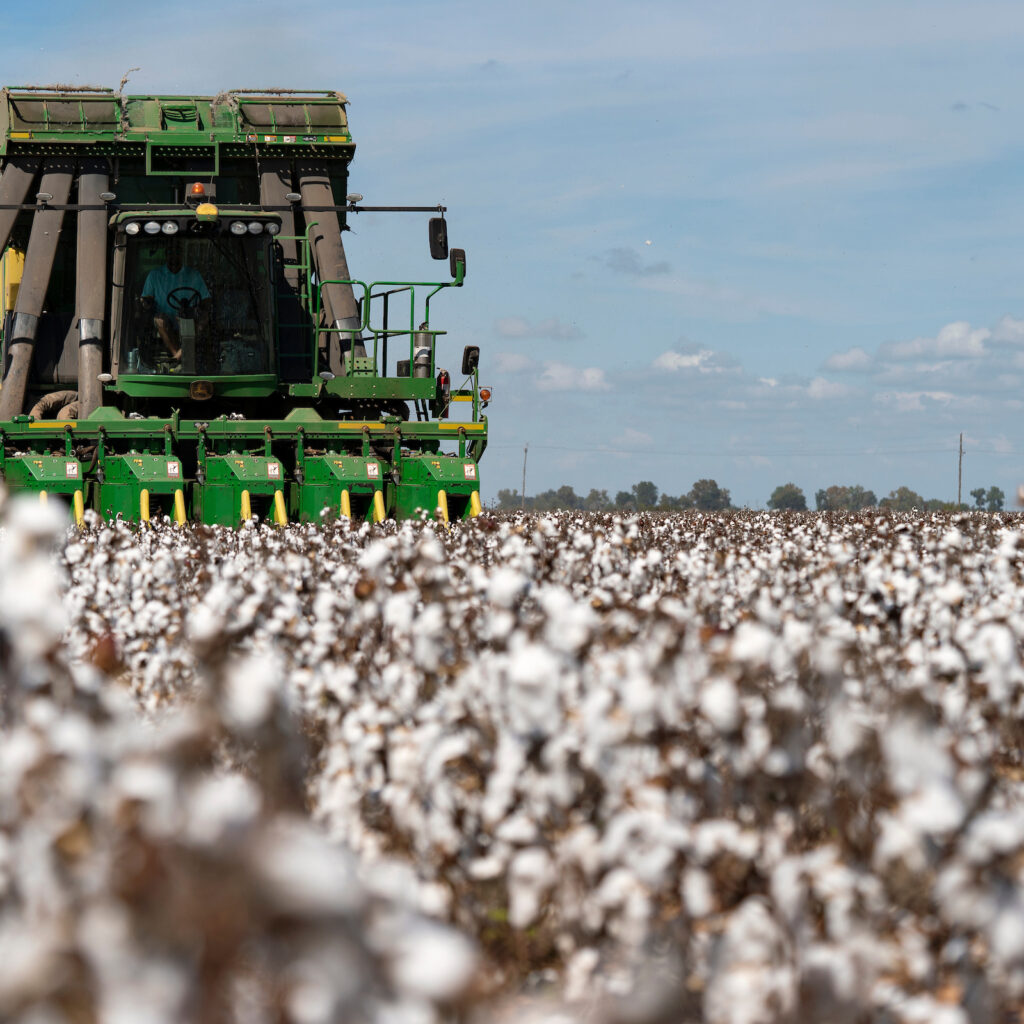Agrilife Extension Resources
Texas A&M AgriLife Extension Service offers a wide variety of programs, brochures, field days and one-pagers to help Texans with agricultural crop production, whether that is a food crop or specialty crop. Experts can be located across the state to advise on plant needs and best management practices.
Related Departments: Soil and Crop Sciences, Horticultural Sciences, Agricultural Economics, Entomology

- Course
Learn how green infrastructure can help manage stormwater, reduce flood damage, and increase property value. This course explores practical, nature-based ways to improve stormwater systems in cities, rural, and coastal areas. Enroll now and build resilient, ecofriendly communities!
- Course
Diseases in horses can spread rapidly, posing significant risks to herd health. This 1.5-hour self-paced course is designed to help horse owners and professionals identify, prevent, and manage common equine diseases. Covering both viral and bacterial infections, the course emphasizes the importance of routine vaccinations and effective biosecurity practices. By understanding how to spot and control these diseases, participants can reduce risks and ensure the well-being of their horses. Enroll today to protect your equine partners and enhance your knowledge.
- Course
This introductory course is for School district administrators, animal control specialists, code enforcement agents, and pest management professionals. This course offers SPCS-TDA license holders 1 Pest CEU toward annual license renewal.
- Course
Do you know how to apply IPM principles to your school garden as required by Texas state law? After this course, learners will know how IPM principles apply to school gardens, differentiate between harmful and beneficial insects, and more. District School IPM Coordinators can use this module as part of their education plan.
- Course
Explore the basic concept of plant disease development and receive an overview of the four common plant pathogen groups in this self-paced course designed for Master Gardeners.
To enroll in this course, you must first be preapproved by your County Extension Agent. If you do not have appropriate permission, you will be unenrolled from the course. - Course
This 8 hour course is designed to satisfy the Apprentice Training Requirements as specified in Rule 7.132 (i) (2) and will cover common structural invertebrate and vertebrate pests of the United States, particularly in the state of Texas.
- Course
Prepare to take the Private Pesticide Applicator Exam administered by the Texas Department of Agriculture with this course designed for pesticide applicators in Texas. Private pesticide applicators use or supervise the use of restricted-use or state-limited-use pesticides or herbicides to produce an agricultural commodity.
- Course
Any plant growing in the wrong place can be a weed. Crepe myrtles growing on a putting green would certainly be weeds. The same goes for bermudagrass growing in flower. Learn the basics of identifying and controlling weeds, as well as cultural practices, equipment, and application and reading labels correctly.
- Course
As urban areas expand and homeowners continue to want attractive lawns and landscapes, the use of pesticides to control plant pests has continued to grow. Take this course to become an apprentice and learn about pesticides and their proper use, as well as how to apply them for home, lawn, and other landscapes.
- Course
This Picolinic Acid Chemistry Stewardship Training covers the application requirements for the use of Invora™️ herbicide for brush and weed management on rangeland sites in Arizona, New Mexico, Oklahoma, and Texas.